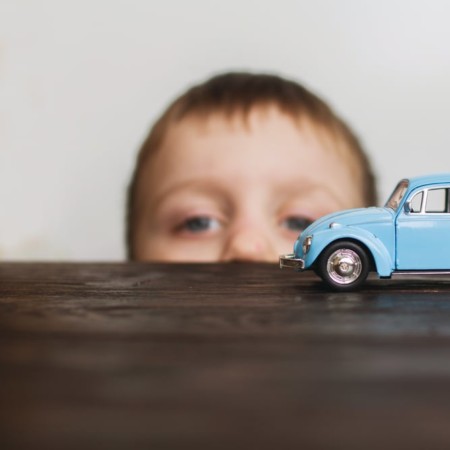Think play time is just for fun? Think again!
Allowing your kids, whether they’re babies, toddlers or big kids to play with open-ended, educational toys allows them to grow and develop essential abilities.
From the moment they first open their eyes, your child’s playtime plays an essential role in helping them develop social, linguistic, physical and cognitive skills. Playing is the perfect way to develop their young minds and to prepare them for the world around them.
What makes a good educational toy?
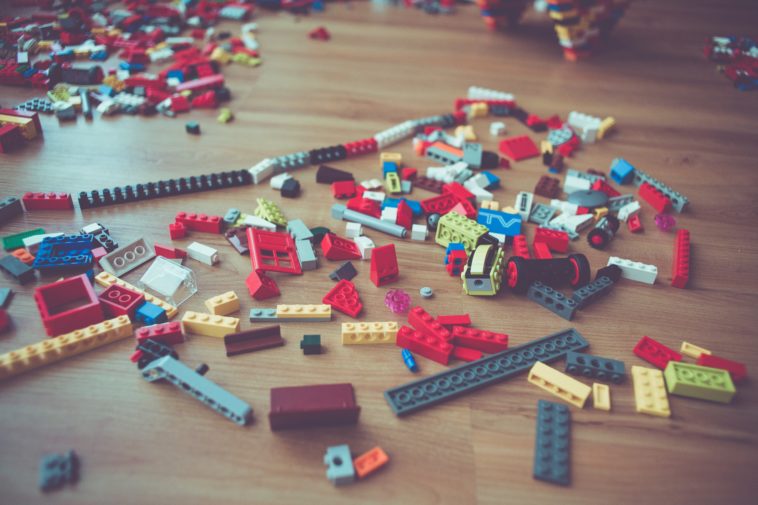
The key to optimising playtime is choosing the right educational toy for your kid’s unique interests and stage of development. The best educational toys for three month olds aren’t the best educational toys for 6 year olds, and vice versa. As you child moves through different ages they need learning-oriented toys that can teach them the different skills they’re lacking.
Kids develop in different ways, at different times, so toys should always be geared towards their personal developmental level. Their toys should also be interactive, challenging and open-ended. This means that there isn’t just one solution to the challenge the toy provides, but that there are multiple solutions and outcomes to games that encourage children’s creativity and boost their imagination.
These are five of the emotional and intellectual benefits your child will see through playing with educational toys.
1. Educational toys develop your child’s imagination
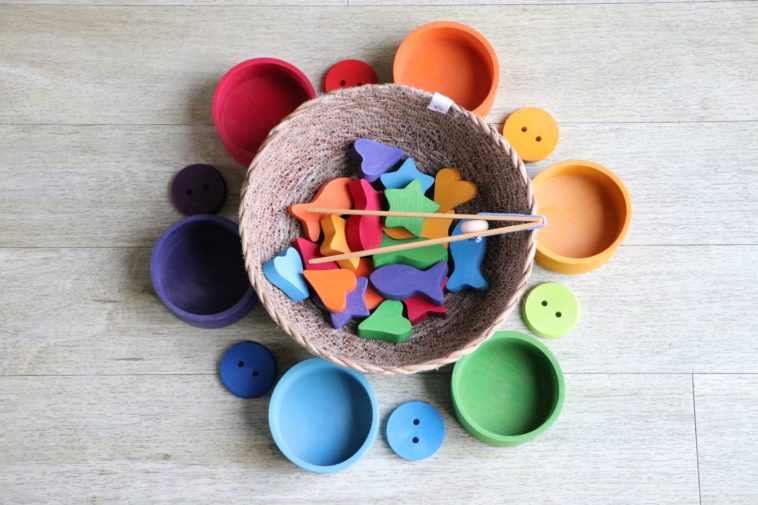
More “practical” skills like numbers, colours and shape recognition will greatly help your kids come school time, but their long term ability to be able to think creatively and “outside of the box” will be of great benefit to them in their future life.
Toys that encourage imagination will help to develop your little one’s self-expression. Encourage your little one to play make-believe, to dress up and to take an interest in storytelling.
Role-play toys are also great for encouraging imagination as there are so many outcomes and possibilities while playing, helping kids use their imaginations and embrace their budding creativity. These toys are usually easily shared with friends or siblings, so kiddies enjoy hours of pretend-play fun together.
2. Educational toys help your child unleash their artistic abilities
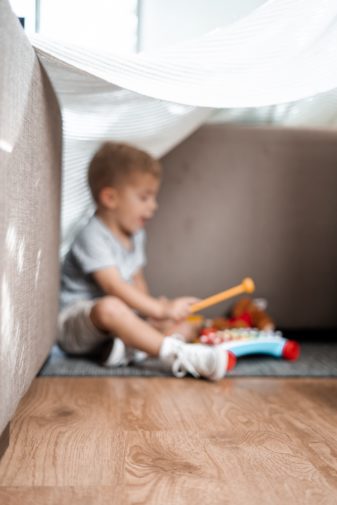
Artistic toys help children learn about colours, size, perspective and hone their musical appreciation and rhythm. Artistic toys are also great for bolstering self-esteem, improving hand-eye coordination and brain development.
Toy instruments are perfect for little kiddies that have a love of music. Helping them to develop an interest in music at an earlier stage does wonders for their creative intelligence.
Arts and crafts toys, like playdough and modelling kits and drawing, colouring and painting materials, are all great way to encourage your to be more creative and open the door to even more artistic hobbies down the line.
Art toys can also go a long way in helping your kid articulate and work through their thoughts and emotions visually, especially if they’re a naturally a little shyer and more introverted.
3. Educational toys develop your child’s critical thinking skills
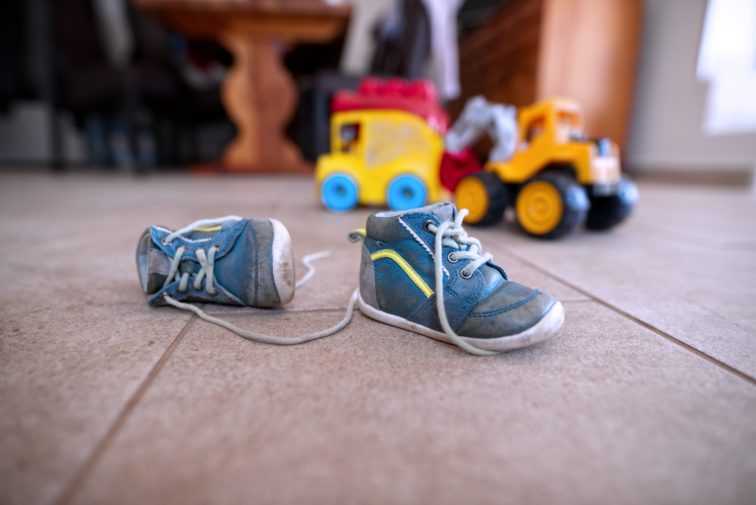
Exposing children to logical reasoning at a young age can help a child develop their understanding of cause and effect and to learn and draw connections between pieces of information in the future. Toys like jigsaw puzzles and building blocks are great examples of logical reasoning-based toys.
4. Educational toys teach kids problem-solving skills
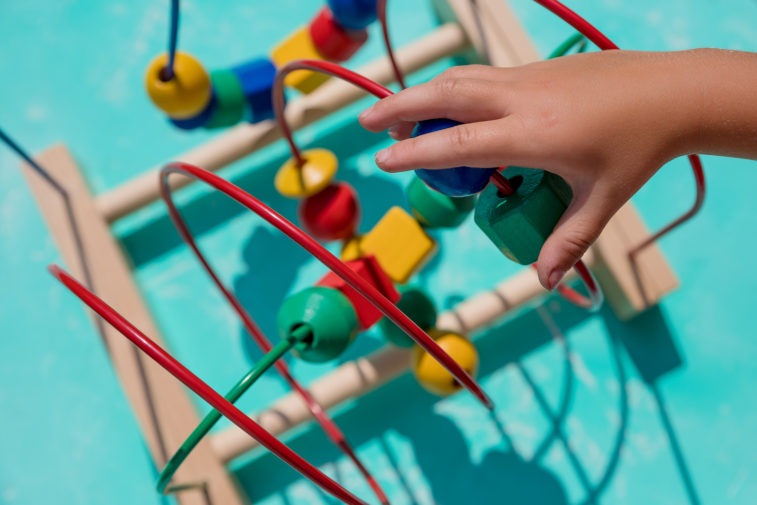
Problem solving is seen as the most difficult intellectual functions to grasp, but early experiences with the correct toys can expose children to problem solving early on. This makes them more adept at tackling problems once they start school. Perfect toys for this would be stackable toys and shape sorters that challenge your child to think laterally.
Early practice also helps kids to overcome the emotional fear and stigma of failure as they face difficulties in future life.
Activity centres are ideal for developing problem solving skills from an early age. Your child can build worlds designed by their imagination, with the table providing a handy platform for independent play. These are also usually portable, so great for playtime learning on the go.
Construction toys, like LEGO sets, can be used to assemble different models, including a truck, a motorcycle, a speedboat, a robot, a helicopter, and anything else they can imagine.
5. Educational toys enhance memorisation
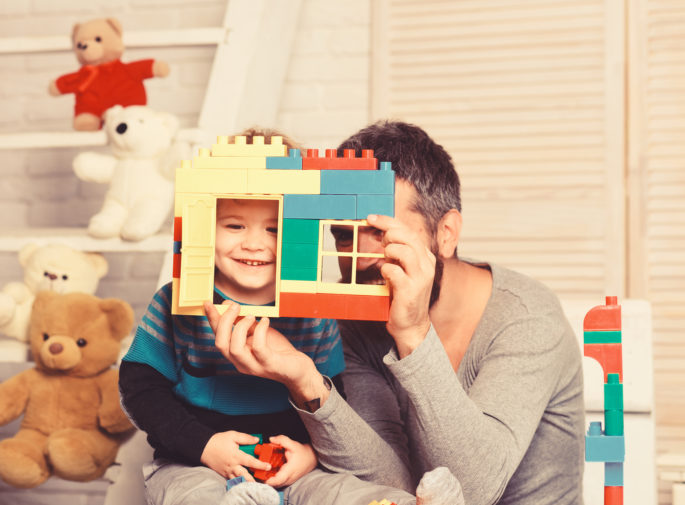
Memory is among one of the most important intellectual skills a child can have. It directly affects all other intellectual processes. However, memory is also the easiest mental process to grow and improve on. Good memory skills give your child confidence and enrich their desire to learn and see new things. Playing games like “Simon Says” and “I Spy” are great ways to develop memory skills in very young children.
There are also some great toys which can help with memory development, like card and board games that encourage memory skills in older children.
And remember, educational toys don’t have to break the bank
Some affordable (and free) open-ended toys include balls, wooden toys, blocks, cardboard boxes, dress ups and arts and crafts! Other inexpensive educational toy brands to look out for include:

